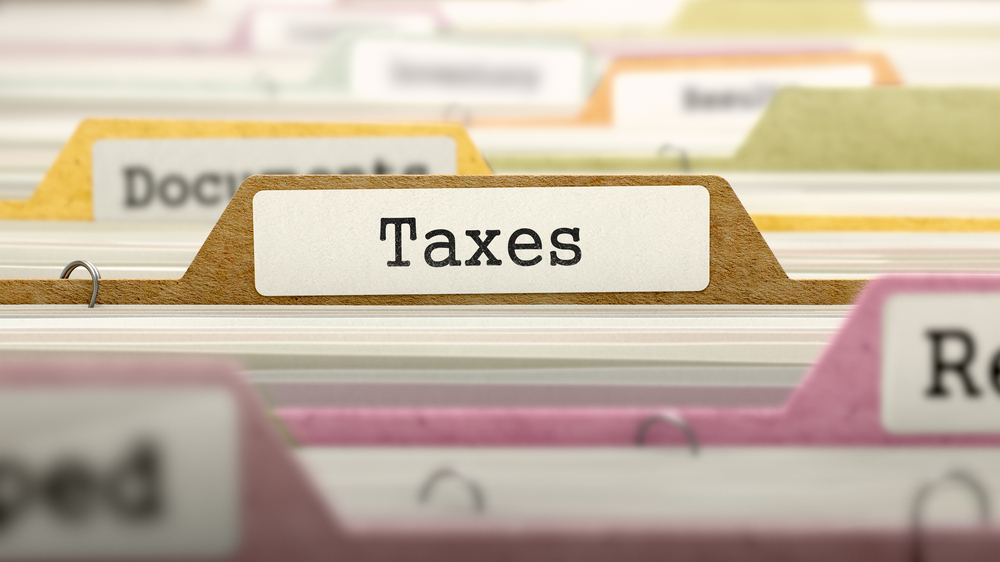As a busy retailer, tax is probably the last thing on your mind right now. But as we move into the 2021/22 income tax year, it is essential to get your house in order and prepare your provisional tax payments. But as we’re nearing the end of the 2021/2022 income tax year, it is essential to get your house in order and prepare your provisional tax payments. To streamline this process, we have created a quick guide on what needs to be prepared for tax. We also have a solution to alleviate the pressure that paying provisional tax may cause in your business.
What you need to know
The 2021/22 tax year for individuals and Incorporated businesses with a 28 February year-end has the following payment cycles:
- The first 6 month period of the 2021/22 tax year ran from 1 March 2021 - 31 August 2021. There, you needed to estimate your taxable income for February 2022 and pay 50% thereof, or alternatively use 50% of your taxable income for the 2020 income tax year. The first provisional tax payment was due on 31 August 2021. You also needed to make top-up payments for any underestimation of your provisional tax payments for February 2021. This is, of course, all further complicated by the impact of Covid-19 in both 2020 and 2021. It is important to bear in mind that this could create cash flow problems in your business, following the new Covid surge or as a result of less sales.
- The second provisional period of the 2022 tax year is based on the period 1 March 2021 to 28 February 2022. Meaning a full year as far as possible, less the first provisional payment. This second payment is due on the 28 February 2022 and can once again create a cash flow challenge. The type of payment required is electronic payment and you should be careful of submitting payments on weekends. The required form to be submitted is an IRP6. For your information, here is the link to SARS e-filing where you will register or log in https://www.sarsefiling.co.za/ .You can also register once for all different tax types by using the Client Information System if your business needs this option. This system merges your tax, customs, and excise records into one consolidated profile based on your registered details. It allows you as the taxpayer and registered representatives to register, maintain and view all the associated tax and customs registrations in a consolidated tax profile. To read more about the Client Information System, visit https://www.sars.gov.za/client-segments/client-information-system/
Understanding company vs. personal provisional tax
Companies automatically fall into the provisional tax system but if you are a business owner who is a sole proprietor or a partnership, earning income over and above a salary (such as profit share, rental income, interest etc.), you will also have to submit provisional tax returns.
Is personal provisional tax different to income tax?
No, provisional tax is a way to pay your income tax over the course of the tax year in two or three payments, instead of having to pay one large lump sum. The difference between PAYE and provisional tax is that PAYE is deducted from actual salaried earnings, while provisional tax is based on estimated taxable income. Because the amount is estimated, you may need to pay more at the end of the tax season, or alternatively, SARS may need to refund you if you have paid too much.
What is the easiest way to calculate your expected taxable income?
The simplest way to do this is to use your taxable income from the previous tax period, or even two tax seasons prior, as Covid may have impacted your earnings. Then adjust it for your expected change in turnover/income for the new tax year. You may expect a growth based on new services offered or a drop if your business had a Covid-related decrease in turnover.
You can also visit https://www.sars.gov.za/types-of-tax/provisional-tax/how-to-work-out-amounts-due-for-provisional-tax-example/ to see if you’re doing the calculations correctly.
A funding solution to assist retailers pay for provisional tax
A Merchant Cash Advance is a financial product that empowers retailers to fund their provisional tax. Here you are able to repay the facility used to pay provisional tax, in line with future turnover. Many financiers will prescribe how you use the funding provided, but a Merchant Cash Advance is different. If this is the place you would like to invest your facility, then the choice is yours. Best of all, should you select a 6-month repayment term or less, you can then pay off your finance facility in time for your next provisional tax payment. Creating a rolling 6-month facility for provisional tax will in turn alleviate any pressure from your monthly cash flow. Leaving you to do what you do best, run your business!

